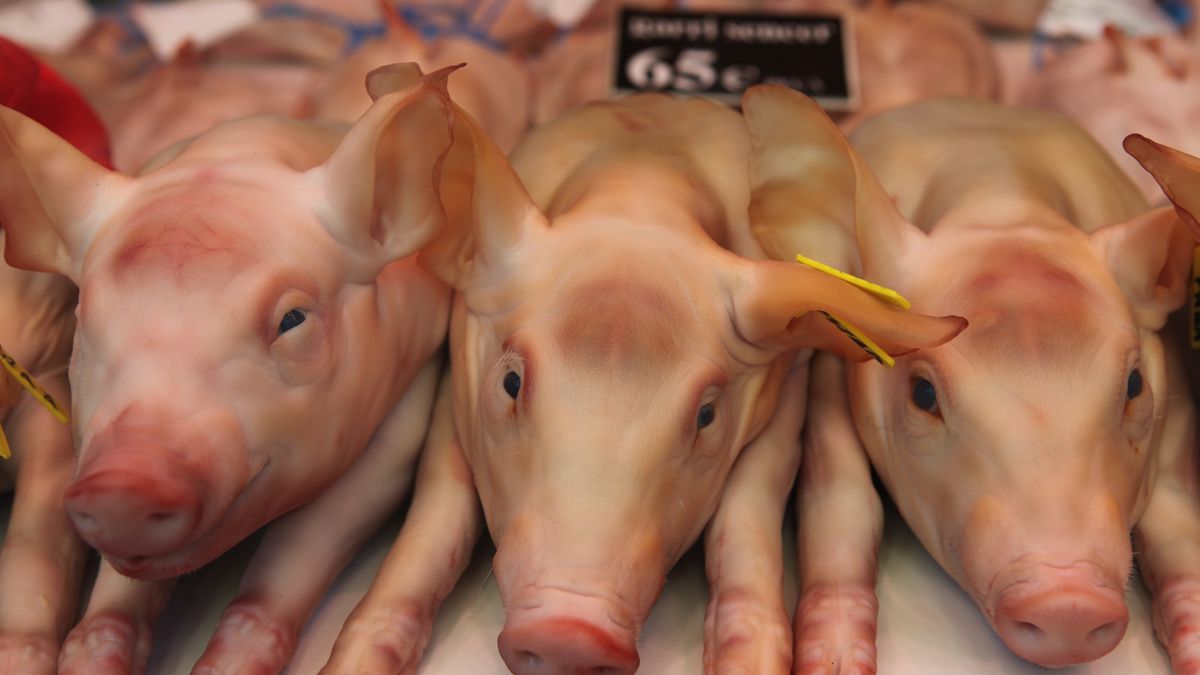Not only is the number of strict vegans or vegetarians growing in the world, but there are also more flexitarians or planetaries, whose transitions to plant-based diets are motivated by saving the planet.
While the “classic” vegan or vegetarian has ethical (love for animals) or health reasons for categorically refusing to eat meat, it leaves only a portion of meat and dairy products, mainly because of their ecology, gentle behavior, and carbon footprint. .
Meat only on Sunday
There are about three percent of vegans in Europe, and up to 30 percent of the European population now support flexitarianism. Flexitarians don’t have to give up meat forever, but they try to significantly reduce their consumption. In addition, they prefer meat from local organic farms or domestic game animals. In fact, it is a return to the lifestyle of our ancestors, where the meat is eaten more or less only on Sundays and comes only from local sources.
A flexible or partially vegetarian diet not only limits the consumption of meat and dairy products, but also calls for a reduction in the consumption of sugar and industrially prepared raw materials, instead, a higher consumption of fruits, vegetables and whole grains is recommended.
Besides beef, lamb has the largest carbon footprint.
Apart from local ones, flexitarians also prefer seasonal raw materials, which minimize the carbon footprint. That means no more Moroccan strawberries all year round, but only Czech strawberries in late spring.
Paul McCartney’s meatless Monday
Paul McCartney made a public appeal to change his eating habits ten years ago. With her daughter, she launched the Meatless Monday campaign, which calls on the British public to eat at least one day a week. Meat consumption is the highest in history and in many countries is hitting the limit of 100 kilograms per person per year.
Of course, this also applies to the Czech Republic, which is one of the world’s largest meat consumers with an average annual consumption of about 83 kilograms per person (four times more than it was a hundred years ago). And since vegetarians and vegans, young children or the elderly who eat far less meat are also included in these statistics, actual consumption in working-age people could reach around 120 kilograms per year.
Helsinki vegetarian
Recently, especially since the United Nations Climate Change Conference in Glasgow at the end of last year, more and more activities have been added to change eating habits and reduce meat consumption. During the conference, Helsinki, Finland stated that meat would not be served at the city’s official events, but only local vegetarian or fish dishes. And instead of traditional milk, oat milk is used.
The reason is a reduction in carbon footprint, as meat production results in much higher greenhouse gas production (sheep and cattle farming have the largest carbon footprint).
Even more radical is Daniel Humm, chef and owner of the famous Eleven Madison Park restaurant in New York, which recently won the title of the best restaurant in the world. In his New Year’s message to guests, he committed to fully support saving the planet and decided that all dishes in his restaurant would be prepared exclusively from plant-based ingredients. So steak yes, but only from mushrooms or celery.

“Certified bacon geek. Evil social media fanatic. Music practitioner. Communicator.”







